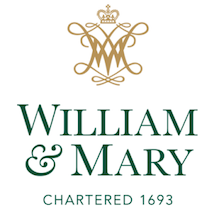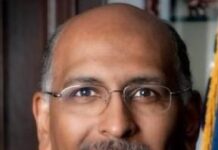 Amanda Gibson, a Ph.D student at the College of William and Mary in Williamsburg, Virginia, has recently complied evidence that traces today’s predatory financial practices to economic victimization of free and enslaved African-Americans in the pre-emancipation South.
Amanda Gibson, a Ph.D student at the College of William and Mary in Williamsburg, Virginia, has recently complied evidence that traces today’s predatory financial practices to economic victimization of free and enslaved African-Americans in the pre-emancipation South.
According to Gibson, the financial world of antebellum Virginia was informal compared to today’s standards. Most business was conducted among a network of planters, farmers, and merchants who knew each other personally. These traders relied on their reputation to gain credit from each other to provide cash in the short term. African-Americans were often used in more formal financial transactions including as collateral for loans or sold to pay off debt. Additionally, African-Americans were also sometimes participants in the personal side of pre-emancipation credit, usually taking out loans in pursuit of freedom.
“Enslaved people borrowed to purchase themselves or family members from slave owners,” said Gibson. “Free African Americans borrowed to pay jail fees to protect themselves from predatory re-enslavement schemes.”
When pursuing these personal loans, African-Americans faced two barriers. The first was finding someone to loan them money, considering most lenders at the time were unsympathetic Whites. The second, especially for enslaved borrowers, was securing the cash to pay off the loan. Some were able to make arrangements with their owners to be paid for doing more work than required. Others used their small amount of free time to earn money through tending gardens, fishing, sewing, or any other marketable pursuit.
Even though a small amount of enslaved people were allowed to pursue extra work, most were not, and, of those who were allowed to earn some money, most received less food and clothing from their owners as a result. Additionally, it was not uncommon for slave owners to borrow money from their slaves and more often than not, the slaves were never repaid.
“One woman I found in the sources baked late into the night after she had completed her work for her mistress,” Gibson said. “Her breads and cakes were highly sought after, and she built up a small war chest so she could purchase family members who were in danger of being sold.”
“Unfortunately her mistress found out how much she had accumulated and borrowed the money from her,” Gibson continued. “The mistress died and the enslaved woman was never repaid.”
Gibson’s project, “Credit is Due: African Americans as Borrowers and Lenders in Antebellum Virginia,” won her a two-year predoctoral fellowship at the Carter G. Woodson Institute for African-American and African Studies at the University of Virginia. She will complete her Ph.D. from W&M in 2020.









This is really interesting work. It is so important to know the historical roots of practices today that still hinder African American progress.
As I read the article, it struck me that what was described was more in the nature of predatory lending than predatory borrowing.